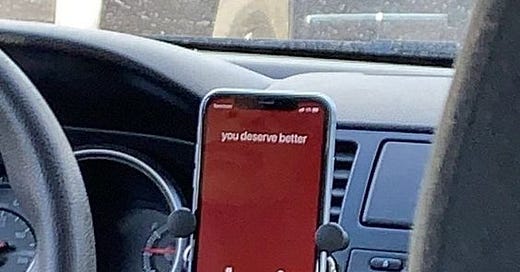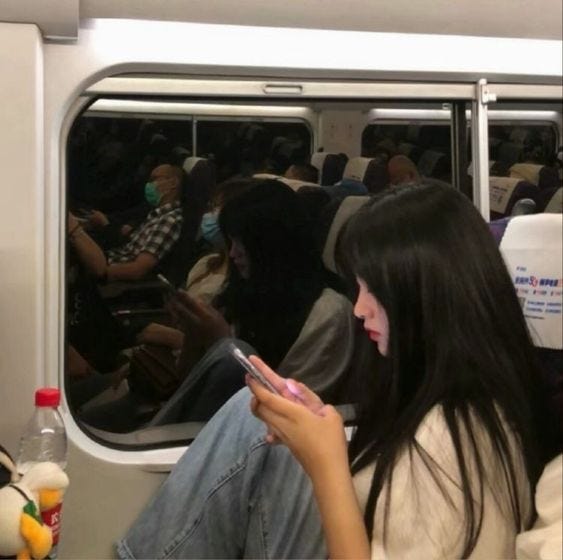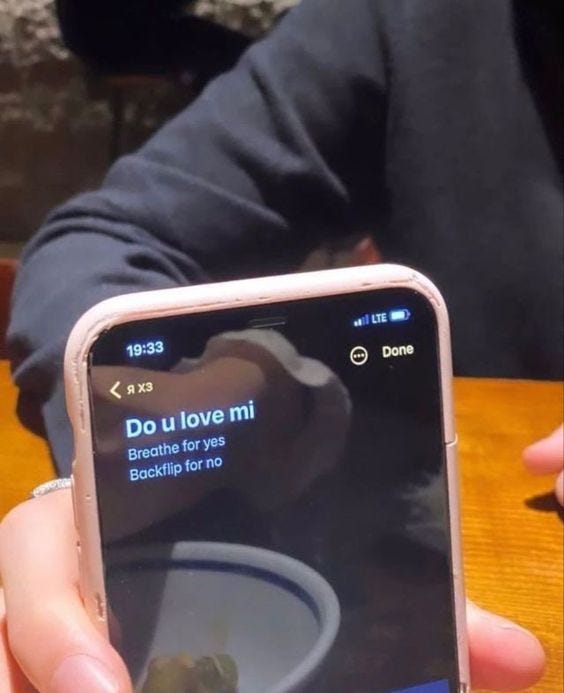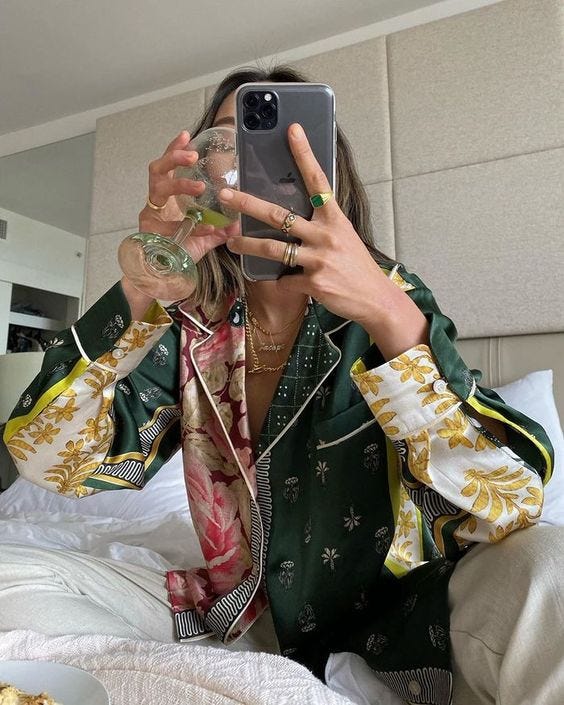The Cost of Living Online
I knew my best friend wasn’t my best friend anymore when they changed their profile picture on Twitter.
I knew my best friend wasn’t my best friend anymore when they changed their profile picture on Twitter. It had been a long time coming, and I knew it, so why was this the breaking point? Why was this the moment that the rusty little cogs in my brain finally decided to make it click? Was that all our friendship had been worth? A profile picture?
There are a lot of made up rules on social media: When someone likes your story, it means they’re flirting with you; If someone takes the time to post something, it must be true; If your boyfriend likes other girls’ photos, he’s definitely cheating on you, and etc. The void is full of meaningless anti-social constructs that only prevent us from asking questions, and encourages us to see the world in black and white.
The worst part is that so many of these rules prove to be true. My friendship really did end the same day they changed their profile picture. I found out my ex was cheating on me through Snapchat. I guessed that someone was dating their best friend’s ex because she posted him just a little too much in her photo dumps (they confirmed their relationship a few weeks later).
Why is this the route that we’ve chosen to take with social media? The whole point is to be social (supposedly), but it’s turned into another world with its own languages and passive aggression. A lot of careers these days depend entirely on having an online presence, which made sense to me initially with creative careers, but has spiraled into something else entirely. Dentists have TikTok accounts. Plastic surgeons post memes. Preachers now sell their gospel through a screen. A church I used to go to almost never had a pastor in-person, they’d just set up a livestream for the congregation to watch.
I love technology, and I love using social media as a creative. But I’ve grown increasingly frustrated with its facade. “If you want to blow up overnight, post three reels a day! SEOs! Schedule your posts!” I’ve had phases where I’ve tried these tricks and quickly grew tired of them, the same way I’ve grown tired of the Internet’s cultural differences. I didn’t want to learn their secret code, their tendency of avoiding directness in any way possible. I wanted the authenticity. I wanted the vulnerability.
I keep having this fantasy where I buy a flip phone and continue to go about my days. Not much changes, except I’m more aware, and maybe I’m happier, and maybe things are simpler. Maybe I don’t rely on social media for some of my income anymore. Maybe I won’t even notice when my ex-friend changes their profile picture.
But the truth is, I’m writing this on my laptop directly into the Substack website while another tab is open and playing The Bear as I watch it for the first time. I always watch my friends’ stories, and if they change their profile picture, I compliment them. I post reels, and stories, and photo dumps, because the truth is, I want to be seen. I want someone to identify with me, to say that they felt something when they scrolled through my feed, and the internet brings such a convenience to human interaction that I forget how to speak to someone in person. It’s always easier online.
In my sophomore year of college, a then-frenemy now-friend told me that she thinks my online persona is fake, and I was nothing like that in real life. I took offense to this, mostly because she didn’t really know me at the time, and how would she even know if it was fake or not if we’d barely even had a conversation? But also because, as I told her, I tried my best to be as authentic online as I possibly could. “Everything I post is still entirely me,” I told her. “It’s just a different side of me.”
Looking back, I realize the irony in what I said. How authentic could my Instagram be if, ultimately, it was still curated? If it was just a side of me and not the whole thing?
I still believe that you can tell a lot about a person based off of their feed. But it would be ignorant to say we really know someone based off of their online presence. I knew my friend wasn’t my friend anymore not only because they changed their profile picture, but because I knew them. But the cost of living online ultimately prevented us from having a real conversation to let each other know it was over. Instead, they let me know through a profile picture.
Was it worth it? Is any of this?
I won’t be giving up my online life anytime soon. Maybe when I’m 60 and finally got over my fear of bugs enough to live on a farm. Until then, I’ll still give you my photo dumps and newsletters and TV show recommendations. I’ll give you my reels and as much honesty as I can muster. But I promise: if I change my profile picture, it won’t mean anything. And if it does, I’ll let you know.
I’m trying, I’m trying, I’m trying.
So much is happening! But I’m still trying!
I’ll keep getting this monthly newsletter out to you. And paid subscribers can expect an additional once a month newsletter, so consider paying $2.50 to support your local small writer (AKA me).
I love you. Thank you for being here.
Paula









this resonated with me bc i had a friend i lost like a year ago. and they took a similar approach
Damn, sorry about your former friend and the vile situation of your ex ending up with her. I'm jusst glad you're with someone you feel loved by now. And about what the social media platforms have turned into, I so get it<3